Description
Charand va Parand is a collection of social and political satirical writings of Ali Akbar Dehkhoda, which is written in the form of short stories, announcements, telegrams, news reports, etc.
These writings were published between the victory of the Constitutional Revolution and the beginning of petty tyranny in 32 issues of the weekly Surasrafil under the direction of Jahangir Khan Shirazi, and later in three issues of Surasrafil published by Dehkhoda after the beginning of petty tyranny in Switzerland.
Dehkhoda’s writings in Surasrafil with the humorous letters of Dekho, Khormags, Hassan Daleh dog, Gholam Gada, Azad Khan, Azad Khan Kurd Korandi, Alialahi, Kamineh Asir Al-Jawar, Dekho Alisha, Khadem Al-Faqra, Dekho Ali, President of the Association of Lots and Lots, Good Chickpeas , Dammadi, Oyarqoli, and Mr. Mullah Ain Ali have been signed and these characters are present in the narrations.
The book Charand va Parand written by Ali Akbar Dehkhoda is a social, political and religious critique that has been expressed about today’s society.
Ali Akbar Dehkhoda, in collaboration with Mirza Jahangir Khan and Mirza Qasim Khan, published the newspaper Surasrafil. This newspaper was one of the most important publications of the early days of constitutionalism and had an important influence on the liberation struggle. The most interesting part of this newspaper was a humorous column entitled “Nonsense and Birds” which was written by Dehkhoda and signed by “Dekho”. Dehkhoda’s style of writing these articles was unprecedented in Iranian Persian literature. With this style, a new school emerged in contemporary Persian journalism and prose.
In Dehkhoda’s articles in the newspaper Surasrafil, he criticized individuals and groups who hindered the progress of society with clever sarcasm and ridiculous expression. Therefore, the reactionaries of that time were strongly opposed to the publication of the newspaper Surasrafil. The publication of the newspaper Surasrafil continued right before the incident, when the parliament was shelled and the freedom fighters fled. After the closure of the National Assembly during the reign of Mohammad Ali Shah, Mirza Jahangir Khan was assassinated by order of Mohammad Ali Shah, and Dehkhoda was exiled to Europe with a group of freedom fighters.
Dehkhoda published two issues of the newspaper Surasrafil in the Swiss city of Iordon, and after some time he went to Istanbul, Turkey from Switzerland, where he published the Soroush newspaper.
After the removal of Mohammad Ali Shah from the monarchy, Dehkhoda returned to Iran and became the representative of the people of Kerman in the Second National Assembly. He was the dean of the School of Political Science and then the Faculty of Law for several years and was one of the prominent members of the Iranian Academy.
Dehkhoda’s return to Iran coincided with the beginning of constitutionalism. At first, he was hired as a deputy and translator by Monsieur Dubrock, a Belgian engineer, for six months in the Khorasan Shousha office, which was under the supervision of Hussein Amin al-Zarb.
Dehkhoda is considered one of the masters of Sheikh Hadi Najmabadi, who played an important role in the constitutional movement. In his memoirs, Dehkhoda attributed his “training of reason” to Sheikh Hadi “Tayeb Thara” and called him, along with his two other instructors, an “exceptional being.”
At the same time (solar 1385-1385), Mirza Jahangir Khan Shirazi and Mirza Qasem Khan Tabrizi invited him to cooperate in starting the publication of the newspaper Sur Israfil, of which they were the founders. Dehkhoda was the main author of Israfil from the beginning.

He became one of the constitutionalists by writing articles in the newspaper Israfil. That is why he was also angered by Mohammad Ali Shah, and if it were not for the help of the British embassy in rescuing him, he would have met the same fate as his colleagues.
The first issue of this weekly newspaper was published in eight pages in Tehran on Thursday, the seventeenth of Rabi ‘al-Akhar 1325 AH, equal to the eighth of Khordad 1286 and the 30th of May 1907. During the next fourteen months, with the closures and seizures that he saw, Surasrafil was published in a total of thirty-two issues, which was the date of the last issue of the twentieth of Jamadi al-Awali 1326. Dehkhoda wrote an article on political, economic and social issues at the beginning of each issue of the newspaper and at the end of an article entitled “Nonsense and Bird” under a pseudonym. The style of writing these articles was unprecedented in Persian literature and created a new school in Iranian journalism and contemporary Persian prose.
The most important nickname of Mirza Ali Akbar Khan Qazvini was in his nonsense and bird Dekho. Dekho stands for Dehkhoda, an address to the simple-hearted people in Qazvin, the birthplace of the author’s father and ancestors. Of course, Dehkhoda basically means “Kadkhoda and God and the Great Ten”.
Some of Dehkhoda’s writings provoked strong protests from fanatical traditionalists and tyrants, to the point that they even ordered his excommunication. The parliament debated his writings several times. In the twentieth session of Sha’ban 1325, Assadollah Mirza referred to the complaint of the Students’ Union. Mr. Seyyed Mohammad Jafar, another representative, stated that in issues 12 and 14 of Israfil, there is no writing that has led to Takfir, but the Ministry of Science and Education should comment on political issues.
After another speech or two, the newspaper was temporarily banned. In the meantime, Dehkhoda was also summoned to the parliament and was able to persuade the opposition with logic, reasoning and presence. Of course, Dehkhoda was expelled from the back door of the parliament because some fanatics armed with firearms were ready to attack him.
The writing style of the late Dehkhoda was considered a new style in journalism and critique of social and political issues, as well as in this book. With this style of writing, Dehkhoda was able to attract many audiences to his thoughts and ideas. The author’s writing style in this book, in terms of the words used and the writing ritual, is very different from the words used and the writing ritual today. Obviously, this difference is due to the evolution of the Persian language in these dimensions.
In a part of the book Charand and Parand, we read:
It falls on the door and the wall for the unfortunate person. A few days ago a piece of paper arrived from the post office. When we opened it, we saw that it was written in Arabic. Arabic, which no one knows except the learned scholars, what to do or not to do; At the end of our minds, we decided to go to the service of Mr. Sheikh Jalil al-Qadr Fazeli, who was a friend of ours from ancient times. We won, we gave and we asked the gentleman not to bother translating this for us in Persian. The man said: Now I have an argument, go and in the evening I will translate, I will bring the office.
A gentleman came. He gave me the translation form, as some gentlemen have done before, I had a literacy oven from the beginning. At first I looked for a while, I saw that I could not find anything. I put on my glasses, I saw I could not reach my head. I took it and kept it in the sun, I saw I could not reach it. Whatever I did, I saw that I did not understand a word of it. He took Mashhadi and looked for a while and said: Sir! You threw us in the middle. I also study Persian with difficulty, you tell me to read Hebrew.
The gentleman said: What is the Hebrew language of the believer? This was originally in Arabic. Kablai Dekho gave me a Persian translation. Oyar Gholi looked at the gentleman a little confused and said: “Sir, you have the right, it is true that we are the common people, but we have not bleached our beards in the mill.” My servant had a little knowledge of Hebrew in his youth, this is Hebrew.
The gentleman said: Believer! Where was the Hebrew language, this is Persian. Oyarqoli said: You killed me because this is Hebrew. The man said: No, it is Persian. “I promise from both corners that this is Hebrew,” Oyarqali said. The man said: No, you do not understand! This language is Persian. I saw that it is now that Oyarqoli tells the gentleman that you do not understand yourself and then there will be a quarrel. I said: Mashhadi! You and I are common people, what do we understand, sir, he probably knows more than us and he understands better than us.

Another part of the book
Yesterday, from morning to noon, we were thinking about what to write or not to please God with the eyes of the customers of Surasrafil in this score. They do not lift our heads, La ilaha illa Allah, what a sin we had committed at the end of our lives.
After the official compliments, I said to Hassan Daleh’s dog, “I do not know the gentleman.” He said on the phone that his friend could not hear him. Come on, I have not said a thousand words to try to define him, I will not let my children die so much, I have covered the mustache with a blanket that has no likeness under the blue dome, it is very full, a sea is knowledge, it is a world of perfection , I have read every book from Arabic, Persian, Turkish, French, German, English and Russian, even Sanskrit, Chinese, Japanese and Hebrew. Be.
You can see his ears are swollen during the trip to the North Pole with “…” and he caught a cold. Everyone who came to his senses was a human being and understood something. India has surrendered to them and their service is broken, now they have been serving day and night for a year and a half, but for two whole years.
In the explanation on the back of the book, Zia Movahed is quoted as saying: “Alhamdulillah, it went well. Let the light fall on their graves. Mirza Ali Akbar Dehkhoda was left to write whatever he wanted. Mirza had also seized the opportunity and what he was not doing.
For example, he wrote: It is customary all over the world to publish the major events of that year in a written book at the end of the year. I will give just one example of the events that the deceased had suffered due to lack of space: and this year, a student of the consulate of Islamabad, who later sold oil and went bankrupt several times, went to Islamabad and returned to Tehran. , Returned to Islamabad, returned to Tehran and returned to Islamabad, finally left Tabriz (but I did not understand how it happened later).
If you understood, it would be a surprise. Is this also news? The rest of the news is no less. But why should we tie a handkerchief that does not hurt? Elsewhere, in the same nonsense, the bird apparently faked the news from Tabriz: it had been twenty days since the Mojahedin had closed the trenches on both sides and they were engaged in a fight, and the shops had been closed for ten or twenty days.
Ten or twenty people were killed on both sides. But thank God it went well. In this quotation mark, there is a space for a sentence that is not actually a sentence in my print version. Certainly, Mr. Vali-Allah Droudian, Fazel’s friend, in this neat edition, will identify the assailant and the assailant like many other unknowns. “May God bless everyone in the end.”
1- Introducing the book on YouTube
2- Introducing the book in Aparat

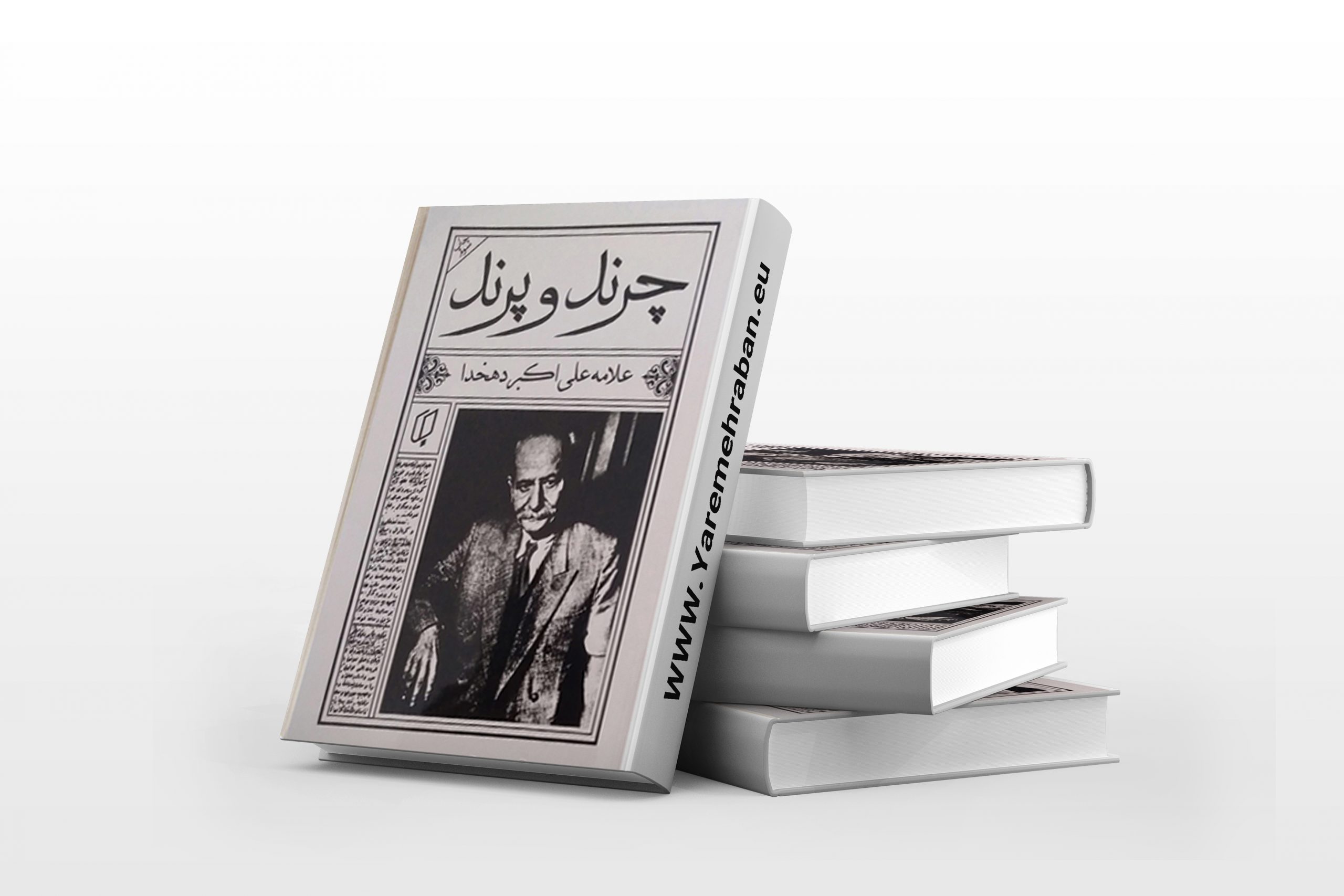
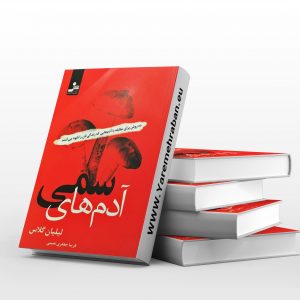
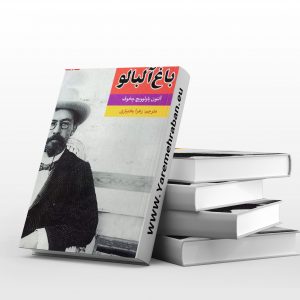
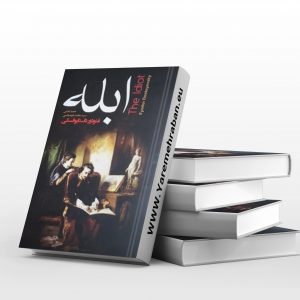
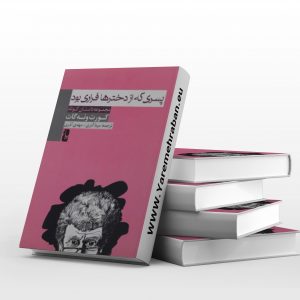
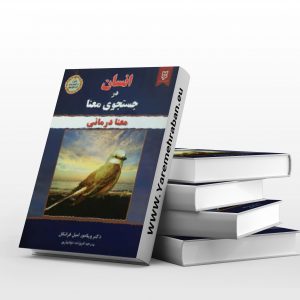
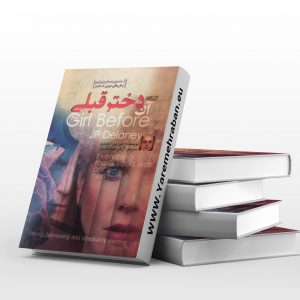
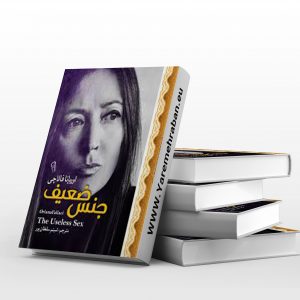
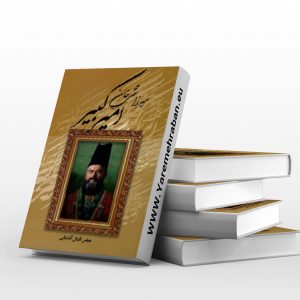
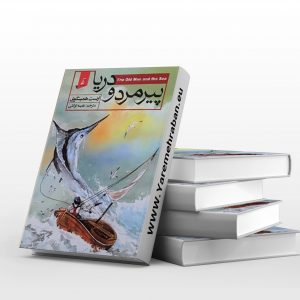
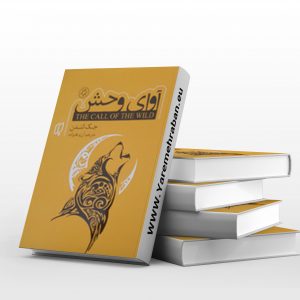
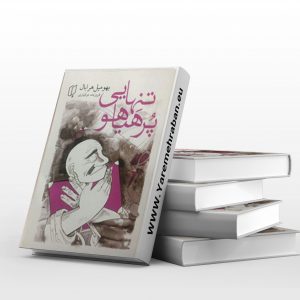
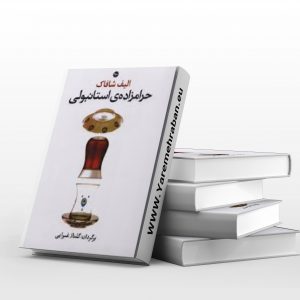
Reviews
There are no reviews yet.